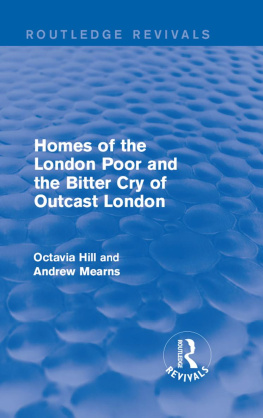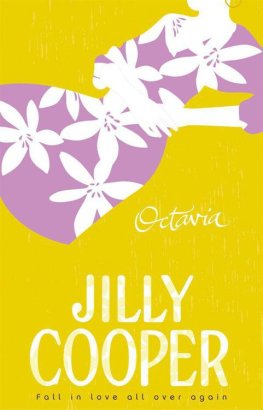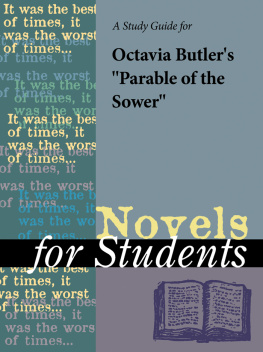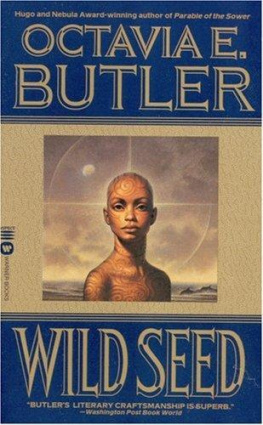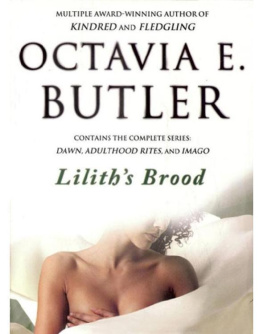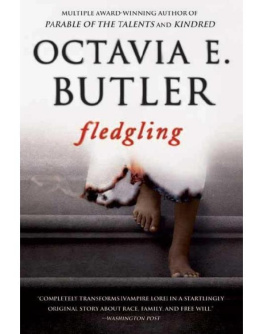I. OUR COMMON LAND.
Probably few persons who have a choice of holidays select a Bank holiday, which falls in the spring or summer, as one on which they will travel, or stroll in the country, unless, indeed, they live in neighbourhoods very far removed from large towns. Every railway station is crowded; every booking-office thronged; every seatnay, all standing roomis occupied in every kind of public conveyance; the roads leading out of London for miles are crowded with every description of vehiclevan, cart, chaise, gigdrawn by every size and sort of donkey, pony, or horse; if it be a dusty day, a great dull unbroken choking cloud of dust hangs over every line of road.
Yet in spite of all this, and in spite of the really bad sights to be seen at every public-house on the road, in spite of the wild songs and boisterous behaviour, and reckless driving home at night, which show how sadly intoxication is still bound up with the idea and practical use of a holiday to hundreds of our people, how much intense enjoyment the day gives! how large a part of this enjoyment is unmixed good! And the evil is kept in check very much. We may see the quiet figure of the mounted policeman as we drive home, dark in the twilight, dark amidst the dust, keeping order among the vehicles, making the drunken drivers mind what they are doing. He keeps very tolerable order. And then these days in the country ought to lessen the number of drunkards every year; and more and more we shall be able to trust to the public opinion of the quiet many to preserve order.
And watch, when at last the open spaces are reached towards which all these lines of vehicles are tendingbe it Epping, or Richmond, or Greenwich, or Hampsteadevery place seems swarming with an undisciplined, but heartily happy, crowd. The swings, the roundabouts, the donkeys, the stalls, are beset by dozens or even hundreds of pleasure-seekers, gay and happy, though they are not always the gentlest or most refined. Look at the happy family groupsfather, and mother, and children, with their picnic dinners neatly tied up in handkerchiefs; watch the joy of eager children leaning out of vans to purchase for a halfpenny the wonderful pink paper streamers which they will stick proudly in their caps; see the merry little things running untiringly up and down the bank of sand or grass; notice the affectionate father bringing out the pot of ale to the wife as she sits comfortably tucked up in shawls in the little cart, or treating the children to sweetmeats; sympathise in the hearty energy of the great rough lads who have walked miles, as their dusty boots well show; their round, honest faces have beamed with rough mirth at every joke that has come in their way all day; they have rejoiced more in the clamber to obtain the great branches of may than even in the proud possession of them, though they are carrying them home in triumph. To all these the day brings unmixed good.
Now, have you ever paused to think what Londoners would do without this holiday, or what it would be without these open spaces? Cooped up for many weeks in close rooms, in narrow streets, compelled on their holiday to travel for miles in a crowded stream, first between houses, and then between dusty high hedges, suddenly they expand into free uncrowded space under spreading trees, or on to the wide Common from which blue distance is visible; the eye, long unrefreshed with sight of growing grass, or star-like flowers, is rejoiced by them again. To us the Common or forest looks indeed crowded with people, but to them the feeling is one of sufficient space, free air, green grass, and colour, with a life without which they might think the place dull. Every atom of open space you have left to these people is needed; take care you lose none of it; it is becoming yearly of more vital importance to save or increase it.
There is now a Bill for regulating inclosure before the House of Commons. Mr. Cross has said what he trusts will be its effect if it becomes law; but those who have been watching the history of various inclosures, and the trials respecting special Commons, are not so hopeful as Mr. Cross is as to the effect this Bill would have. It makes indeed good provisions for regulating Commons to be kept open for the public when a scheme for regulation is applied for. But the adoption of such a scheme depends in large part on the lord of the manor. Will he in nine cases out of ten ever even apply for a scheme for regulating a Common, when he knows that by doing so he shuts out from himself and his successors for ever the possibility of inclosing it, and appropriating some part of it? Do any provisions for regulating, however excellent, avail anything when no motive exists which should prompt the lord of the manor to bring the Common under them? and, as the Bill stands, it cannot be so brought without his consent.
Secondly, the Bill provides that urban sanitary authorities can purchase rights which will enable them to keep open any suburban Common, or may accept a gift of the same. But then a suburban Common is defined as one situated within six miles of the outside of a town of 5,000 inhabitants. Now, I hardly know how far out of a large town Bank-holiday excursionists go, but I know they go every year farther and farther. I am sure that a Common twelve, nay, twenty, miles off from a large town is accessible by cheap trains to hundreds of excursionists all the summer, to whom it is an inestimable boon. Again, is the privilege of space, and light, and air, and beauty not to be considered for the small shopkeeper, for the hard-working clerk, who will probably never own a square yard of English land, but who cares to take his wife and children into the country for a fortnight in the summer? Do you not know numbers of neighbourhoods where woods, and Commons, and fields used to be open to pedestrians, and now they must walk, even in the country, on straight roads between hedges? The more that fields and woods are closed, the more does every atom of Common land, everywhere, all over England, become of importance to the people of every class, except that which owns its own parks and woods. "On the lowest computation," says the Report of the Commons Preservation Society, "5,000,000 acres of Common land have been inclosed since Queen Anne's reign; now there are but 1,000,000 acres left. The right of roving over these lands has been an immense boon to our people; it becomes at once more valued and rarer year by year. Is it impossible, I would ask lawyers and statesmen, to recognise this right as a legal one acquired by custom, and not to be taken away? Mr. Lefevre suggested this in a letter to The Times. He says:
"The right of the public to use and enjoy Commons (which they have for centuries exercised), it must be admitted, is not distinctly recognised by law, though there is a remarkable absence of adverse testimony on the subject. The law, however, most fully recognises the right of the village to its green, and allows the establishment of such right by evidence as to playing games, &c., but it has failed as yet to recognise the analogy between the great town and its Common, and the village and its green, however complete in fact that analogy may be. But some of these rights of Common, which are now so prized as a means of keeping Commons open, had, if legal theory is correct, their origin centuries ago in custom. For long they had no legal existence, but the courts of law at last learned to recognise custom as conferring rights. The custom has altered in kind; in lieu of cattle, sheep, and pigs turned out to pasture on the Commons, human beings have taken their place, and wear down the turf instead of eating it. I can see no reason why the law, or, if the courts are too slow to move, the Legislature, should not recognise this transfer and legalise this custom. Again, it is probable that Commons belonged originally much more to the inhabitants of a district than to the lord. Feudal theory and its subsequent developmentEnglish Real Property Lawhave ridden rather roughly over the facts and the rights of the case. The first placed the lord of the manor in his position as lord, giving him certain privileges, and coupling with them many responsibilities. The second gradually removed these responsibilities, and converted into a property what was at first little more than an official trust. If these considerations are beyond the scope of the law courts, they are proper for Parliament. One step has been made. It has been proved that it is not necessary to purchase Commons for the public, but that ample means of protecting them from inclosure exist. It is also obvious that the rights which constitute these means are now in practice represented by a public user of Commons for recreation. The Legislature should, I venture to think, recognise this user as a legal right."



